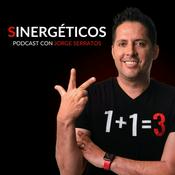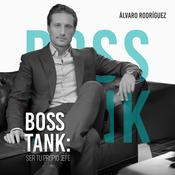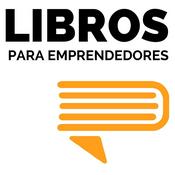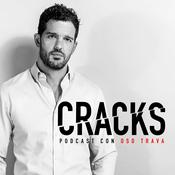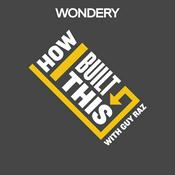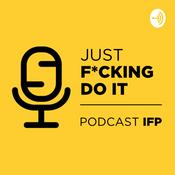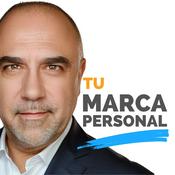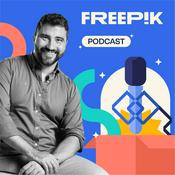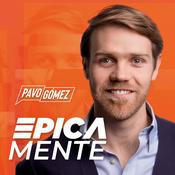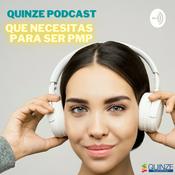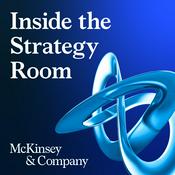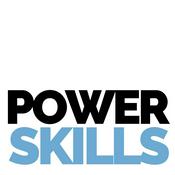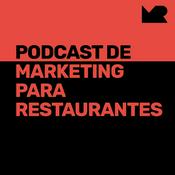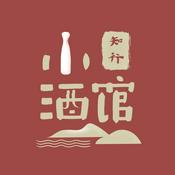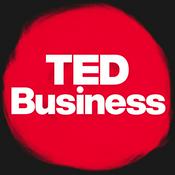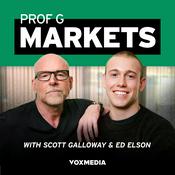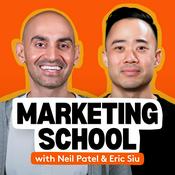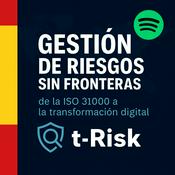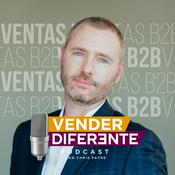70 episodios

Kids Aren’t Small Adults, And Your Inventory Should Know It
18/12/2025 | 30 min
We explore how pediatric care reshapes supply chain strategy and why curiosity, clear KPIs, and real relationships drive better outcomes. We also dig into rural pressures, shifting reimbursements, and building a talent pipeline that pairs education with experience.• Defining high mix, low volume for children’s hospitals• Preparing for pediatric surges and limited vendor coverage• Reviewing reimbursement more often to protect margins• Choosing a small set of KPIs that guide action• Building relationships that beat transactional networking• Rural access risks and current-state assessments• Growing homegrown talent and planning succession• Balancing education with hands-on experience• Mentorship, feedback, and the next generation’s pathSubscribe and connect with us online. If you have a topic you would like to discuss or want to be a guest on the show you can reach out to Fred directly at [email protected] us a text

Supply Chains In The Crosswinds
04/12/2025 | 29 min
We take the pulse of supply chain headlines with Bryan Jensen and Tom Redding, exploring planning, sourcing, and the push for visibility amid policy shifts, tariffs, and healthcare disruption. We share practical ways to build resilience when certainty is scarce.• moving from pandemic-era buildouts to S&OP and inventory strategy• inflation, tariffs and country-of-origin rules reshaping cost and sourcing• decentralized care driving centralization of pharmacy and sterile processing• AI-enabled demand forecasting tied to cash and service levels• collaboration replacing transactional buying in healthcare• examples across food, toys and pharma that change risk posture• visibility into tiered suppliers, allocations and capacity as a baseline• rural closures, Medicaid pressure and workforce gaps forcing new models• certainty as the key enabler of better planning and investment• clear takeaways on alternate sourcing, critical stock and shared dataSubscribe and connect with us online where you can find all of our episodesIf you have a topic you would like to discuss or want to be a guest on the show, you can reach out to Fred directly at [email protected] us a text

From OR Floors To C-Suite
20/11/2025 | 32 min
We explore how a former OR tech became a supply chain leader and built trust with physicians while modernizing contracts, inventory, and utilization. Alan shares the playbook for “reasonable just in time,” in-house distribution, and cleaning up preference cards to cut waste and risk.• career path from OR operations to SVP supply chain• building integrated systems across purchasing, inventory, finance• regional GPO strategy for physician preference items• in-house distribution for resilience and control• point-of-use inventory in cath labs and operating rooms• utilization governance and clinical integration with surgeons• preference card cleanup as a cost and quality lever• lessons from Cleveland Clinic on culture and alignment• COVID shortages, counterfeits, and buffer strategies• tariff volatility and leadership communication• earning trust through transparency and consistent results Thank you for tuning in! Be sure to subscribe and connect with us online to access all our episodes. If you have a topic you’d like us to cover or are interested in being a guest on the show, reach out to Fred at [email protected]. Send us a text

Sixty Years Of Healthcare Supply Chain Wisdom
06/11/2025 | 33 min
Season three opens with a twist: Tom Redding takes the interviewer’s chair to explore Fred Crans's 60-year journey across healthcare logistics and supply chain. What follows is a fast-paced, deeply human conversation about resilience, mentorship, and the kind of innovation that doesn’t always look like a shiny device. From typing memos and walking hospital campuses to orchestrating complex, data-driven IDNs, Fred shows how the fundamentals—relationships, clarity, and integrity—scale with technology rather than get replaced by it.Fred’s story reframes what “innovation” really means. As a Navy corpsman in Vietnam, he watched helicopters—not instruments—save lives by shrinking the time from injury to care. That lesson became his operating system: build networks that move fast, standardize handoffs, and feed decisions with accurate data. We dig into value analysis, the rise of data quality as a competitive edge, and the cultural shifts required to align clinicians, purchasing, and vendors. Along the way, Fred shares a defining moment when he challenged leadership and a favored GPO to protect truth and his team—proof that integrity isn’t just moral, it’s operational.Mentors loom large in Fred’s narrative, from a WWII survivor who taught him to stop “winning” at others’ expense, to supply chain icons who built today’s leadership bench. He’s proudest of the 30-plus people he’s helped elevate to director roles and beyond. For early-career pros, his advice is blunt and generous: learn the clinical world you serve, pair analytics with empathy, and seek out elders who will challenge and champion you. He also looks ahead 20 years—fewer but stronger systems, better-educated supply chain leaders with real-world clinical context, and technology that turns clean data into faster, smarter decisions. Stay to the end for why he won’t retire at 80: purpose, community, and the joy of staying relevant.If you enjoyed this conversation, follow the show, share it with a colleague, and leave a review to help others find it. Got a topic or want to join us on the mic? Reach out and let’s keep the conversation going.Send us a text

What Suppliers Wish Hospitals Knew About Value, Quality, And Risk
23/10/2025 | 32 min
We talk with Stuart Wooster, a former hospital supply chain leader now on the supplier side, about how value, quality, and risk management change when you build products as well as deliver them. The result is a practical playbook for resilience, smarter negotiations, and better outcomes.• value as quality, service, and cost combined• community hospitals sustained by smart scale, not size alone• provider reliance on GPOs versus strategic insourcing• manufacturing quality, traceability, and parametric release• distributor windows and the true causes of stockouts• advanced wound care total cost versus unit price• dual sourcing, localization, and FTZ strategy• negotiation tactics and fair margin for RD• clinician feedback loops and supplier collaboration• resilience planning for uncertainty and disruptionDon't forget to subscribe and connect with us online where you can find all of our episodesIf you have a topic you would like to discuss or want to be a guest on the show, you can reach out to Fred directly at [email protected] us a text
Más podcasts de Economía y empresa
Podcasts a la moda de Economía y empresa
Acerca de Taking The Supply Chain Pulse
Escucha Taking The Supply Chain Pulse, Dinstinto y muchos más podcasts de todo el mundo con la aplicación de radio.net
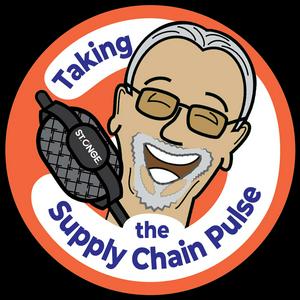
Descarga la app gratuita: radio.net
- Añadir radios y podcasts a favoritos
- Transmisión por Wi-Fi y Bluetooth
- Carplay & Android Auto compatible
- Muchas otras funciones de la app
Descarga la app gratuita: radio.net
- Añadir radios y podcasts a favoritos
- Transmisión por Wi-Fi y Bluetooth
- Carplay & Android Auto compatible
- Muchas otras funciones de la app


Taking The Supply Chain Pulse
Descarga la app,
Escucha.


